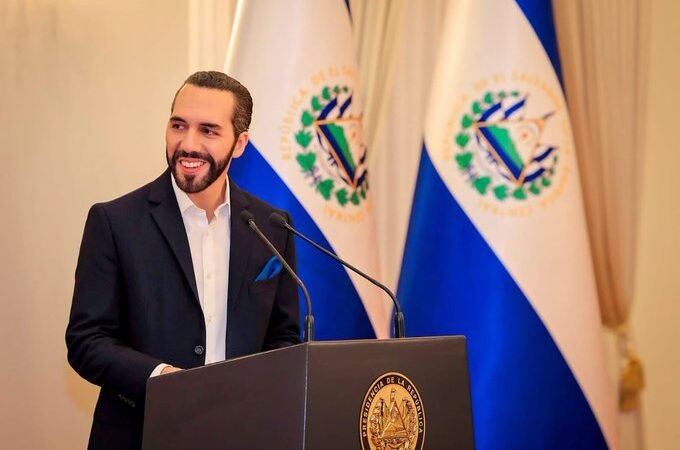El Salvador has taken a historic and controversial step to reshape its democratic institutions. In July 2025, the country’s Legislative Assembly voted to approve a constitutional reform that does away with presidential term limits and extends presidential terms to six years from five years. The bill, passed into law by a 57-3 margin in the President Nayib Bukele’s New Ideas-dominated Congress, effectively allows him to seek re-election indefinitely and reinforces his grip on power.
This development marks a turning point in El Salvador’s history. Bukele, landslide election winning president and more than 85% approval rating in the 2024 presidential election, has been extremely popular due to his ability to eradicate gang violence. According to InSight Crime, El Salvador’s murder rate declined from 38 per 100,000 residents in 2019 to a record low of 2.4 in 2024, one of the lowest rates in Latin America.
To the majority of Salvadorans, especially those in the communities plagued by gangs for decades like MS-13 and Barrio 18, this decline is promise and peace. Streets once smeared by gangs are safer, schools remain open, and trade happens without harassment. Bukele has surfed this transformation into office, branding himself a revolutionary reformer and protector of the public.
But critics contend that this security has come at a steep cost: the erosion of democratic norms and human rights. The constitutional reform comes after a 2021 Supreme Court ruling allowing for re-election of the president made possible only after Bukele defected five top judges in favor of loyalists in what was seen as an attempted coup. The latest reform, which not only removes term limits but also extends the terms of the presidency and aligns legislative and presidential elections from 2027 onwards, is widely seen as a bid to consolidate power.
This is an ominous precedent in history. Hugo Chávez used similar constitutional amendments in 2009 to remove term limits and position himself for life in Venezuela. As a study released by the Journal of Democracy in 2015 discovered, such legal actions are often followed by initial steps towards “competitive authoritarianism,” where democratic institutions exist on paper but lacking content in actuality.
Human rights organizations have raised the alarm. Amnesty International condemned El Salvador’s state of emergency, initially declared in March 2022, as an excuse for mass arrest and abuse. Under this guise, over 75,000 people were arrested on suspicion of being gang members, often without warrants or due process. While some certainly are criminals, thousands have been arrested on insufficient evidence and as many as 400 detainees have been estimated to have died in custody due to neglect, abuse or overcrowding.
In a 2023 report, Human Rights Watch warned that while gang violence may have abated, it has been replaced by “state violence,” whereby the state now uses intimidation, arbitrary detention, and the threat of force to keep its subjects in check. Family members of detainees informed us that they could not locate their family members for weeks or months, and critical journalists are harassed or arrested.
Bukele’s supporters dismiss such charges as exaggerated or politicized. They argue that the former system did not protect Salvadorans and that the president’s approach, while tough, is necessary to keep the country stable. In fact, most Salvadorans tell pollsters they would rather have security and order, even if this means giving up a few democratic freedoms. Bukele’s technocratic, direct, digitally savvy style of governance appeals especially to younger voters who are disillusioned with mainstream parties.
But popularity government is not law government. As Bukele’s regime extends its hold on the judiciary, legislature, military and media, institutional checks are vanishing. Free monitors fear that El Salvador is slipping from a flawed democracy into a pure authoritarian regime one that has popular support but is increasingly unaccountable.
The effort to coordinate elections in 2027 is seen as a tactical bid to attempt to reelect Bukele while minimizing political opposition. With essentially no serious opposition and full authority over election timing, the fate of democracy in El Salvador is in jeopardy.
El Salvador stands at a crossroads. The government takes pride in its reforms as steps toward sustainable peace and development, while human rights activists warn of creeping authoritarianism behind gains in security.
El Salvador’s Constitutional Reform: Stability or Slide into Authoritarianism?



